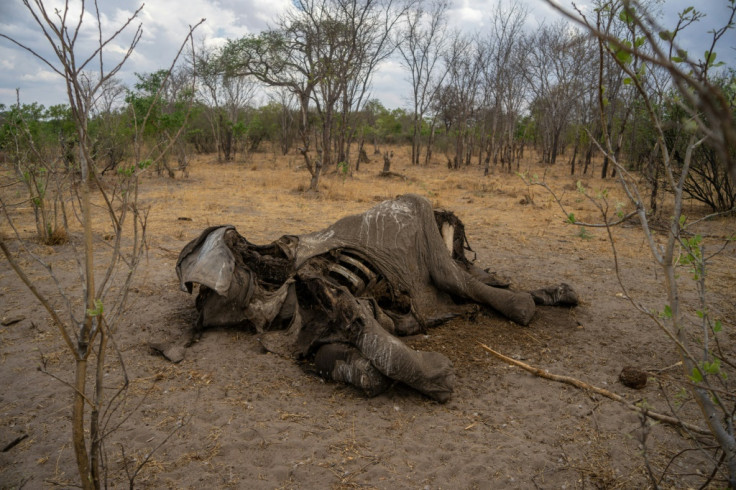Hundreds of African elephants mysteriously found dead
Researchers are baffled at the deaths of elephants in Botswana as the cause remains unknown.
Since May, researchers have noticed the mass death of African elephants in the Okavango Delta, Botswana. Examination of the carcasses has ruled out poaching as the cause of death. Other common causes, like anthrax poisoning, have also been ruled out. Laboratory results are being awaited in hopes of some clarity.
The government of Botswana became aware of the mass death of the pachyderms at the beginning of May. Local conservationists alerted government officials of the increasing number of elephants found dead due to no apparent reason.
To get an idea of the scale of the tragedy, the conservationists took a three-hour flight over the area which the animals occupy. Over the course of the flight, the conservationists counted the corpses of 169 elephants scattered over the expanse. The following month, another check recorded even more elephant deaths. Over the course of two months, more than 350 elephants have been reported deceased in the Okavango Delta region.
A third of the continent's elephant population is found in Botswana. Of the estimated 130,000 elephants in the country, 10% occupies the Okavango Delta region.
Even though the country controversially scrapped the ban on hunting the large mammals in 2014, poaching has been ruled out as the cause of death. Speaking to BBC, Niall McCann of the United Kingdom-based charity National Park Rescue, pointed out that the tusks of the dead animals had not been removed.
Poachers often use poison to kill the elephants but that is not the case since other animals in the area were unharmed. McCann believes that natural anthrax poisoning, which had killed over 100 animals in Botswana last year, is not responsible. Neither is there any drought in the region which could have led to the animals' demise.
McCann shared that many of the dead elephants had just dropped dead on their faces. According to CNN, some of the surviving elephants were seen to be weak. Many were seen walking in circles indicating that their neurological systems were under attack. Other species in the region seem unaffected by the killer.
McCann did not rule out parasites, poison, and disease leading to the deaths. Even COVID-19 has not been ruled out as the cause, since human-animal transmission remains unclear. Samples from the elephants have been taken and sent for examination. The test results can reveal the killer.

© Copyright IBTimes 2025. All rights reserved.





















